
November 19, 2015, by Lindsay Brooke
BBC’s new ‘Tomorrow’s Food’ series checks out Nottingham’s X-ray vision for the future of our crops
BBC One – 9pm Monday 23 November – Dara O Briain one of the presenters of ‘Tomorrow’s Food’ looks in on the Hounsfield Facility.
The Hounsfield Facility at The University of Nottingham is home to three state of the art 3D microCT (X-ray) scanners and a multidisciplinary team of experts who use non-destructive technologies and innovative image analysis techniques to study the internal architecture of living plants and their developing root systems as they grow in the soil.
This X-ray vision of the crops we grow will feature in the new BBC TV series ‘Tomorrow’s Food’. The three part series reveals the cutting-edge technologies and produce appearing in farms, supermarkets, kitchens and restaurants around the world, transforming how we grow, buy and eat our food.
In the first of the three programmes – which goes out on BBC One at 9pm on Monday 23 November -presenter Dara O Briain meets up with Malcolm Bennett, Professor of Plant Science in the School of Biosciences and Director of The Centre for Plant Integrative Biology. Dara gets a close up view of the non-invasive technologies being used to get to the very root of plant science and support research into environmental sustainability and global food security.
Professor Bennett said: “When the BBC visited this summer they were very interested in looking at wheat plants that were either drought sensitive or tolerant due to differences in their root architecture. We were able to show that drought tolerance was often conferred in crop’s by their ability to alter their root angle to become steeper in response to low water conditions – enabling roots to delve deeper into the soil profile to secure a more reliable water source, a root trait termed ’steep and deep’. Revealing the 3D structure of the crop roots in real soils is only possible using X-ray CT imaging.
“The crew initially filmed in the greenhouse describing how we were able to image the roots growing in opaque soil using CT and then moved into the lab where we showed them reconstructed root CT images to discuss the differences in root angle.”
Nottingham’s research features in a story about future proofing our crops that also features cloud-seeding in Texas. The film shows Dara meeting Professor Bennett to talk about how it’s crucial to understand the hidden half of the plant if we are to protect our crops, and then they look at the CT scanned images of the root systems. Then Dara heads off to Texas to see what they’re doing to combat the effects of drought.
The series is made up of three one hour magazine programmes – made up of short stories about the future of food from around the world. The stories in Monday night’s programme range from the world’s most futuristic restaurant in China, Newcastle truckers testing whether alginate from seaweed can help with weight loss to a farm run by robots in Australia.
Research at the Hounsfield Facility is sponsored by the European Research Council (ERC), the UK research council BBSRC, Wolfson Charitable Foundation and the University of Nottingham. The facility was recently ranked one of the top 10 most innovative science projects at a UK University by the Daily Telegraph.
And here’s a gallery of pictures from the film shoot.
- Dara O Briain meets the Hounsfield team.
- Dara O Briain chats to Sacha Mooney, Professor of Soil Physics.
- Dara O Briain chats to Sacha Mooney, Professor of Soil Physics.
- The robot.
- Prof Malcolm Bennett being interviewed by Dara
- Prof Malcolm Bennett being interviewed by Dara
- Prof Malcolm Bennett being interviewed by Dara
- Prof Malcolm Bennett being interviewed by Dara
- Prof Malcolm Bennett being interviewed by Dara
- Prof Malcolm Bennett being interviewed by Dara
- Prof Malcolm Bennett being interviewed by Dara
- Prof Malcolm Bennett being interviewed by Dara
- Dara on set
- Checking out the 3D 360 degree computer animations of plant roots
- Checking out the 3D 360 degree computer animations of plant roots
- Checking out the 3D 360 degree computer animations of plant roots
- Checking out the 3D 360 degree computer animations of plant roots
- Checking out the 3D 360 degree computer animations of plant roots
No comments yet, fill out a comment to be the first

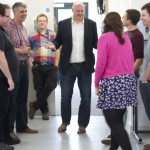

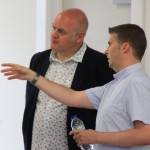
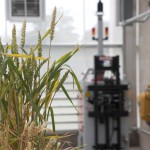
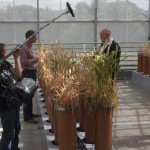
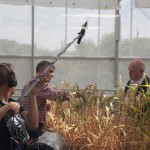
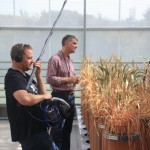
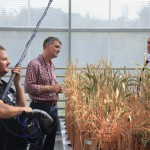
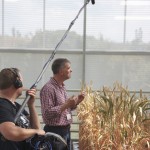
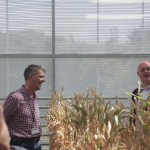
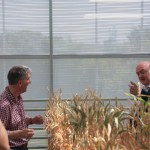
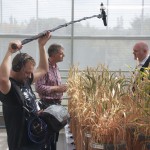
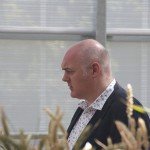
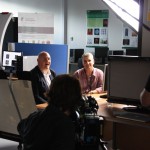
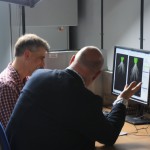
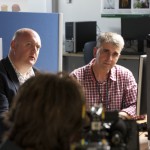
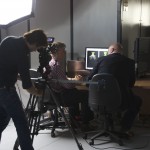
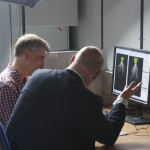
Leave a Reply